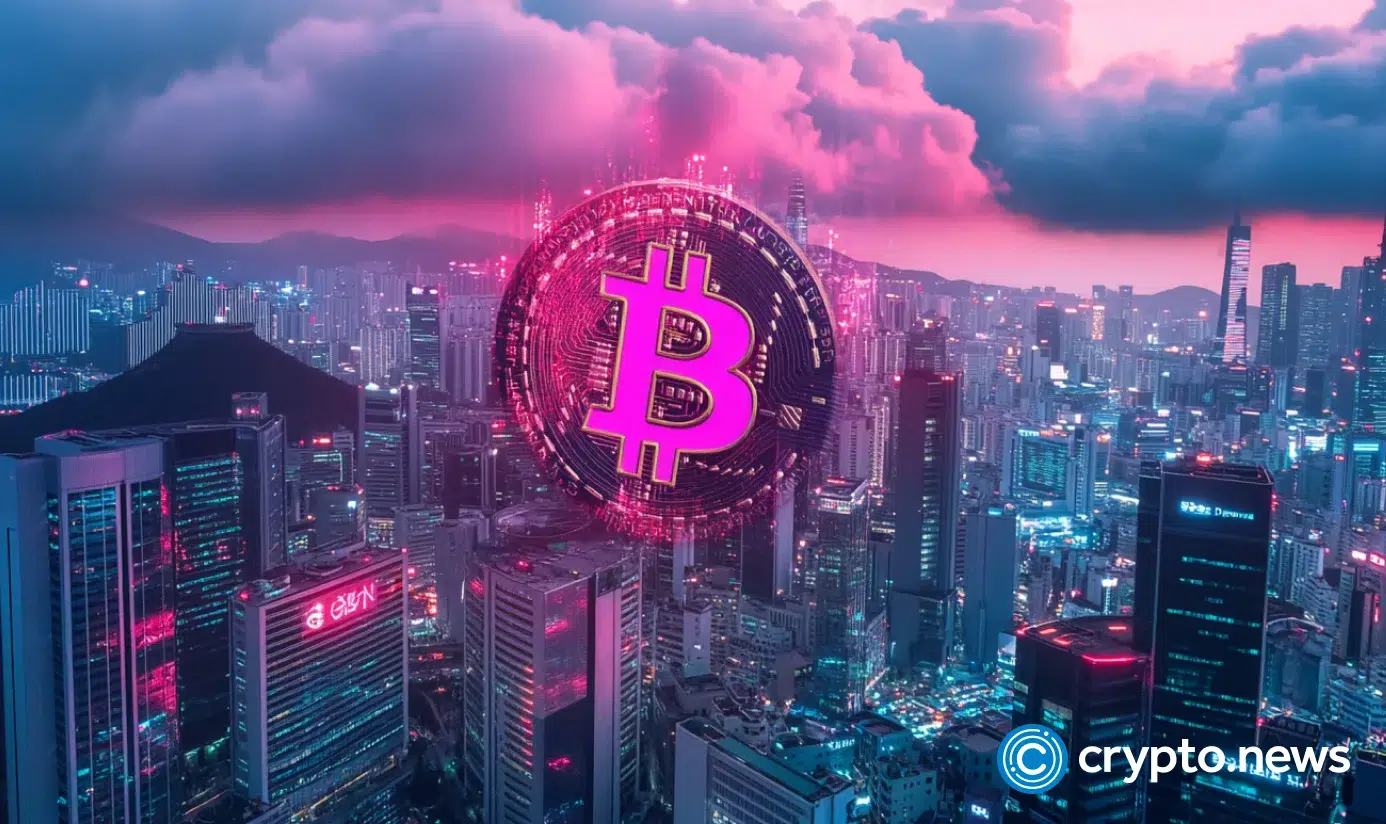
In 2021, Al Salvador, the first country to adopt bitcoin as a legal tender, recently reversed its decision following IMF pressure. What happened due to this change, and what were the results of its about four years of crypto experiment?
Curious case of Al Salvador
The 2021 law in Al Salvador made Bitcoin (BTC) a legal tender, meaning that it became not only legal but compulsory for transactions. The traders needed to accept bitcoins, and the government began collecting payments such as taxes and fees in bitcoins.
To facilitate this, the country launched the Chivo Wallet, a government -backed mobile app designed to help salvadores in transactions with bitcoin. The app allows users to send, obtain and store bitcoins, and even encouraged $ 30 in bitcoin for downloaders.
However, the law did not affect the status of the US dollar, which was Al Salvador’s official currency from 2001 to 2021. This meant that salvadores that did not want to use bitcoins could still use USD for all transactions. Poll from 2021 Show off Only 15% of the population trusted bitcoin, and 70% of the respondents opposed its adoption.
Despite President Naib Bukele’s media campaign and public relations efforts, the law failed to convince many salvadors of its value.
While the International Crypto community appreciated the Al Salvadoran law, the residents of the country counter Laws on the streets, and many people in the financial world criticized the flaws of the law.
A major issue was that many traders from across the country were not equipped to accept bitcoins, and the law did not address the difference.
In addition, there was a lack of bank accounts in a large part of the population, and many businesses have still accepted only cash payments. Many traders were also reluctant to accept bitcoins due to their instability, fearing that its ups and downs could cause damage.
What are the results of El Salvador bitcoin experiment?
A period of about four years during which Bitcoin al -Salvador had a legal tender, mostly achieved negative results, although there are some positive to note.
On the positive side, 2021 bitcoin adoption helped to expose more people to cryptocurrency. The result of an average was Boom In tourism. The announcement of the adoption of Bitcoin increased international interest, leading to a 20% increase in tourists in 2024 compared to 2023, with an increase in previous years.
However, the widespread impact has been largely negative. Bitcoin Al Salvador failed to serve as a rescue against inflation. Issues such as its extreme instability and technical difficulties with Chivo wallet are often quoted as the reasons for public reluctance to use bitcoin.
Additionally, many hacking Incidents The inclusion of Chivo wallet led to more confidence in cryptocurrency, making it a limited use.
Bitcoin law also decreased due to considerable improvement in financial inclusion. In 2021, about 70% of salvadores were unbank, and not even a large percentage of bitcoin.
In fact, most of the people of the country ignored digital currency on a large scale. By 2024, A Report The Central American group indicated that 92% of Salvadores did not use bitcoin for transactions.
While the purpose of bitcoin was to provide the facility of cross -border payment, it had little impact in this regard. In 2023, only 1.3% were dispatched Prepared Using bitcoin. A 2022 survey also revealed 86% of local businesses had no bitcoin transactions, and 91.7% of respondents stated that they were not affected by bitcoin adoption. Only 3.6% reported improvement in sales.
Bitcoin adoption strategy was one of the major flaws. The law was implemented in the year 2021 after a major crypto rally fuel by Bitcoin’s All India Radio.
Historically, the recession is followed after the bull markets, and the law was passed just before another crypto winter begins. In 2022, the sharp bitcoin accident worked to discourage salvadores from using only currency.
How did the El Salvador bitcoin use end?
Since 2022, the International Monetary Fund has urged the L Salvador to amend its bitcoin law. On January 30, 2025, the Salvadoran Congress took action, agreed to amend the law in lieu of loans of $ 1.4 billion from the IMF.
An important position to achieve the loan was to remove the legal tender status of bitcoin in the country. Loan agreement It determines that “the busyness of public sector will be limited in economic activities, transactions and purchases related to bitcoin.”
While reports suggest that there will be legal to trade between bitcoin salvadores, it will no longer be accepted for taxes or other government payments, and businesses will have the right to refuse bitcoin payments.
The need for all businesses to accept bitcoin faced clear criticism due to the instability of BTC and the limited understanding of the people of digital currencies. New legislative reforms also address businesses and also address the concerns that the option to accept or not to accept bitcoin
However, the entire scope of these restrictions is not yet fully determined, and further details are required soon.
The IMF loan will be distributed over a period of 40 months, which means that these restrictions will be applied at intervals of three years, which is probably leading to a long -term decline in the role of bitcoin in the country.
Despite the change in policy to secure the IMF loan, the government of Al Salvador appears to maintain its pro-crypto stance. On 4 February, the bitcoin office of Al Salvador reported a total of 12 BTC purchases through two separate transactions.
The earlier acquisition included 11 BTCs, which was purchased for approximately $ 1.1 million, which was an average price $ 101,816 per bitcoin. The second purchase added 1 BTC at a price of $ 99,114, a few hours later.
These recent acquisitions bring the country’s total bitcoin reserves to 6,068 BTCs, which was more than $ 592 million at the time of writing. Al Salvador has continued to accumulate bitcoin, adding 60 BTC alone in the last one month.



